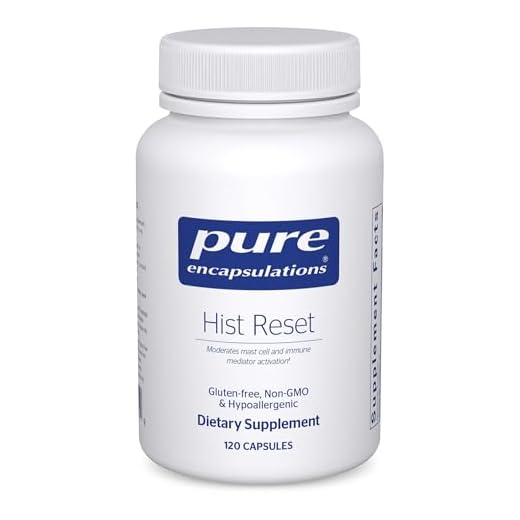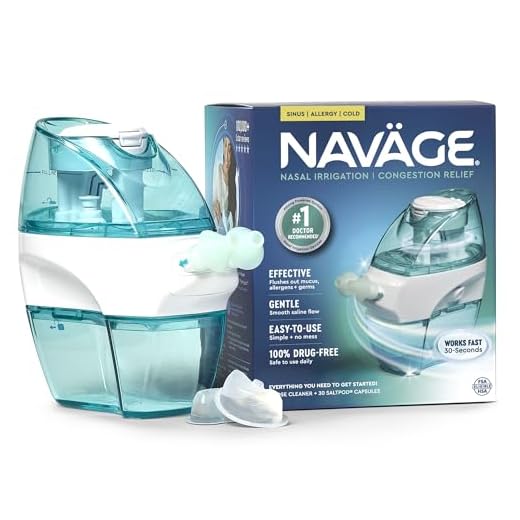



For those who experience recurrent incidents involving blood from the nasal passages, it is advisable to consider your consumption of certain fermented beverages. While enjoying a glass, be mindful of how these drinks may affect your vascular system and overall hydration levels.
Dark fermented drinks have compounds that can lead to increased blood flow and potential irritation in sensitive individuals. If you frequently find yourself dealing with nasal discomfort, monitoring your intake may be beneficial. Keeping track of how these beverages interact with your body can provide insights into any underlying issues.
Staying hydrated is crucial, especially when consuming alcohol. Dehydration can exacerbate nasal irritation, so always pair your drink with ample water. Consider incorporating more hydration into your routine, particularly during occasions when enjoying fermented beverages.
Lastly, if you notice a persistent pattern or severity in your symptoms, consulting a healthcare professional is recommended. They can help assess your situation and provide tailored advice to ensure your well-being.
Impact of Certain Varietals on Nasal Health
Consumption of specific types of alcoholic beverages, particularly those rich in tannins and sulfites, may lead to increased nasal sensitivity. Individuals prone to mucosal irritation should consider moderating intake to minimize risk.
Hydration plays a significant role in maintaining optimal nasal function. Alcohol can contribute to dehydration, which in turn may affect the lining of the nasal passages. It’s advisable to drink water alongside any alcoholic beverage to mitigate this effect.
For those experiencing recurrent nasal issues, it may be beneficial to monitor your reactions to various types of alcohol. Keeping a journal can help identify patterns and specific triggers, allowing for better management of symptoms.
In addition, consulting with a healthcare professional can provide personalized advice tailored to individual health needs and conditions. This can help in determining whether certain beverages should be avoided altogether.
| Type of Alcohol | Potential Effect on Nasal Passages |
|---|---|
| Tannic Varietals | May cause irritation and discomfort |
| High Sulfite Content | Can provoke allergic reactions |
| Low-Alcohol Options | Generally less irritating |
Ultimately, understanding how different beverages affect your body is key to enjoying them responsibly while maintaining health. Adjusting consumption habits based on personal experiences can lead to a more enjoyable experience without compromising well-being.
Understanding the Connection Between Red Wine and Nasal Health
For individuals prone to nasal issues, moderation is key. While enjoying a glass or two may not lead to complications, excessive consumption can exacerbate existing conditions. The high acidity and tannin content in certain varieties may irritate the nasal passages, leading to discomfort or bleeding.
Hydration Matters
Staying adequately hydrated is essential. Alcohol can lead to dehydration, which thickens mucous membranes and may increase vulnerability to bleeding. Pairing your favorite beverage with water can mitigate these effects, ensuring your nasal passages remain moist and less prone to irritation.
Allergic Reactions
Some individuals may experience allergic responses to specific compounds found in certain grape varieties or added sulfites. If you notice recurrent nasal issues after consumption, consider keeping a journal to track your intake and any symptoms. Consulting with a healthcare professional can provide insights tailored to your situation.
In conclusion, understanding how various factors interact with nasal health can enhance your drinking experience while minimizing discomfort. Moderation, hydration, and awareness of personal sensitivities play crucial roles in enjoying your favorite beverages without unpleasant side effects.
Factors That Contribute to Nose Bleeds After Drinking Red Wine
Certain elements play a significant role in the occurrence of nasal hemorrhages following the consumption of fermented grape beverages. Here are the primary factors to consider:
Alcohol Content
The high alcohol percentage in these beverages can lead to dehydration. This dehydration may dry out the mucous membranes within the nasal passages, increasing the risk of rupture and subsequent bleeding.
Sulfites and Histamines
- Sulfites, commonly used as preservatives, can trigger allergic reactions in sensitive individuals, potentially leading to inflammation and increased vulnerability to bleeding.
- Histamines, which are naturally occurring compounds, can provoke nasal congestion and swelling, raising the likelihood of bleeding in those prone to such issues.
Temperature and Acidity
The serving temperature and acidity level of these beverages may also contribute. Cold beverages can cause blood vessels to constrict, while acidic drinks might irritate the nasal lining, making it more susceptible to injuries.
Underlying Health Conditions
- Individuals with conditions such as hypertension or blood disorders may have a higher tendency for bleeding events when consuming alcoholic drinks.
- Dry air, often encountered in certain environments, can exacerbate the dryness of nasal passages, increasing the likelihood of hemorrhage.
Monitoring these factors can help mitigate risks associated with the enjoyment of fermented grape beverages. If recurrent incidents occur, consulting a healthcare professional is advisable.
How Alcohol Affects Blood Vessels in the Nasal Cavity
Alcohol consumption leads to vasodilation, which expands blood vessels, including those in the nasal cavity. The resulting increased blood flow can heighten vulnerability to ruptures in fragile capillaries, particularly in individuals with pre-existing sensitivities.
Mechanisms of Vasodilation
The primary mechanism behind the dilation of blood vessels involves the relaxation of smooth muscles in the vessel walls. Ethanol, the active component in alcoholic beverages, can inhibit the release of vasoconstrictors, allowing for enhanced blood flow. This reaction can be particularly pronounced in the nasal passages, where delicate vessels are easily affected.
Impact of Dehydration
Alcohol acts as a diuretic, leading to dehydration. This condition can dry out the mucous membranes in the nasal cavity, making them more susceptible to irritation and damage. Staying hydrated can mitigate these effects and support overall nasal health.
For those interested in maintaining their well-being while enjoying beverages, understanding the impact of alcohol on vascular health is crucial. For example, exploring alternative cleaning methods like how do mobile valeters use pressure washer without water can serve as a reminder that different approaches exist for managing conditions effectively.
Identifying Symptoms of Nasal Hemorrhages Related to Alcohol Consumption
Be aware of specific indicators that may arise after consuming certain beverages. Symptoms can include sudden bleeding from the nasal passages, a feeling of congestion or fullness in the sinuses, and increased sensitivity in the nasal area. These signs can manifest shortly after intake, often linked to vascular responses triggered by ethanol.
Recognizing Additional Symptoms
Pay attention to any accompanying sensations such as dryness or irritation in the nasal lining. Such feelings might precede the onset of any bleeding episodes. Frequent headaches and watery discharge can also occur, indicating a potential reaction to the components within the drink.
Monitoring Frequency and Duration
Track the occurrence of these symptoms. If episodes happen consistently after indulging in specific beverages, consider adjusting consumption habits. Noting the timing and severity can provide valuable insights for discussions with healthcare professionals.
Being mindful of these signs enhances your understanding of individual responses to different alcoholic beverages, promoting better choices for your health and well-being.
Preventive Measures for Avoiding Nose Bleeds While Enjoying Red Wine
Stay hydrated before and during your indulgence. Consuming water helps maintain moisture in the nasal passages, reducing the risk of irritation.
Environmental Considerations
- Ensure your living space has adequate humidity. Use a humidifier during dry seasons to keep airways moist.
- Avoid exposure to smoke or strong scents, which can irritate the nasal membranes.
Moderation and Consumption Practices
- Limit intake to a moderate amount. Overindulgence can increase the likelihood of vascular reactions in the nasal area.
- Opt for a slower sipping approach. This allows your body to process the beverage without overwhelming the system.
Implement nasal saline sprays or ointments before enjoying your drink. These can provide an additional layer of protection against dryness.
Consider pairing with food. Consuming alongside solid meals can help balance the effects of alcohol on blood vessels.
If you have a history of nasal issues, consult a healthcare professional beforehand. Individual factors may necessitate tailored advice.







